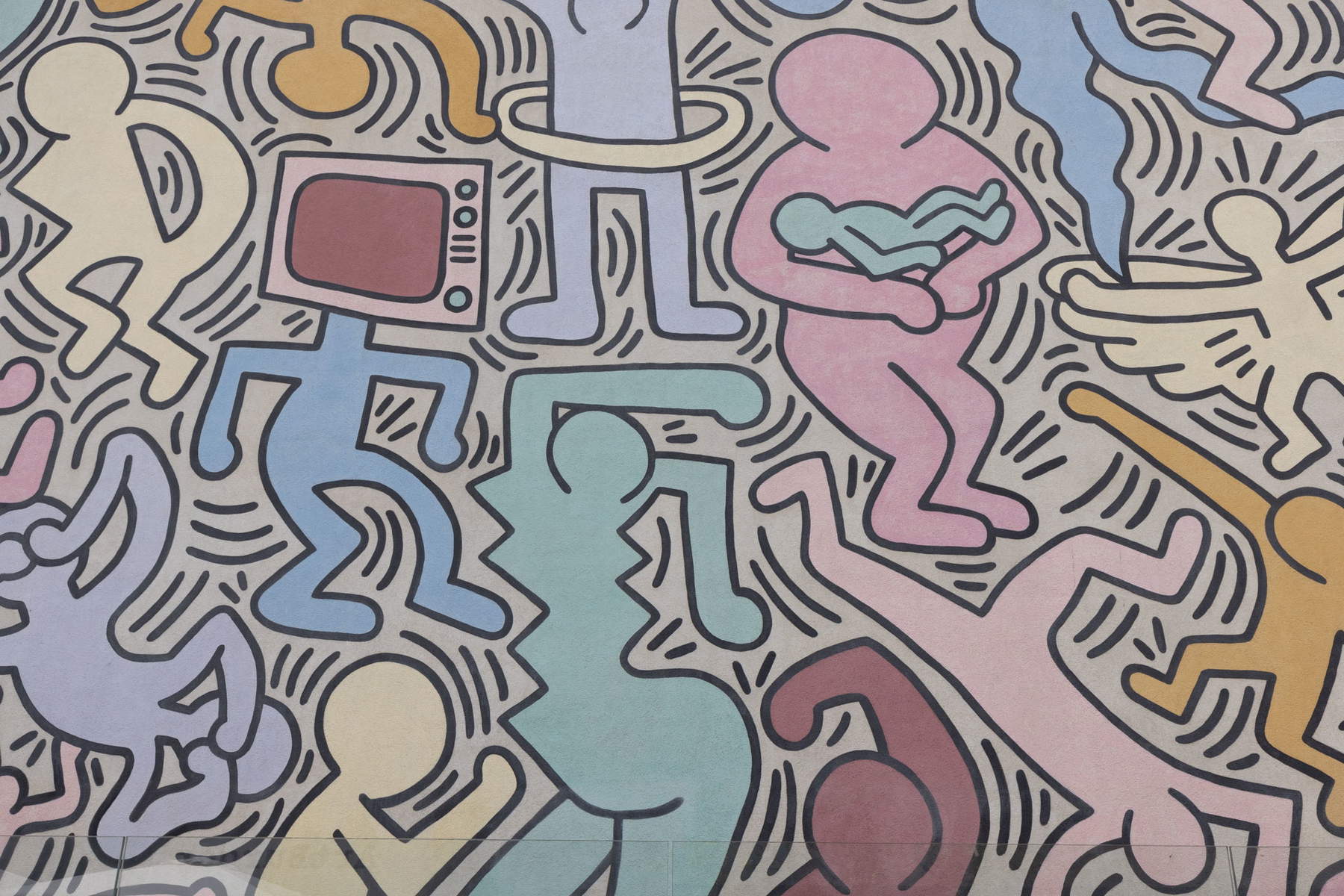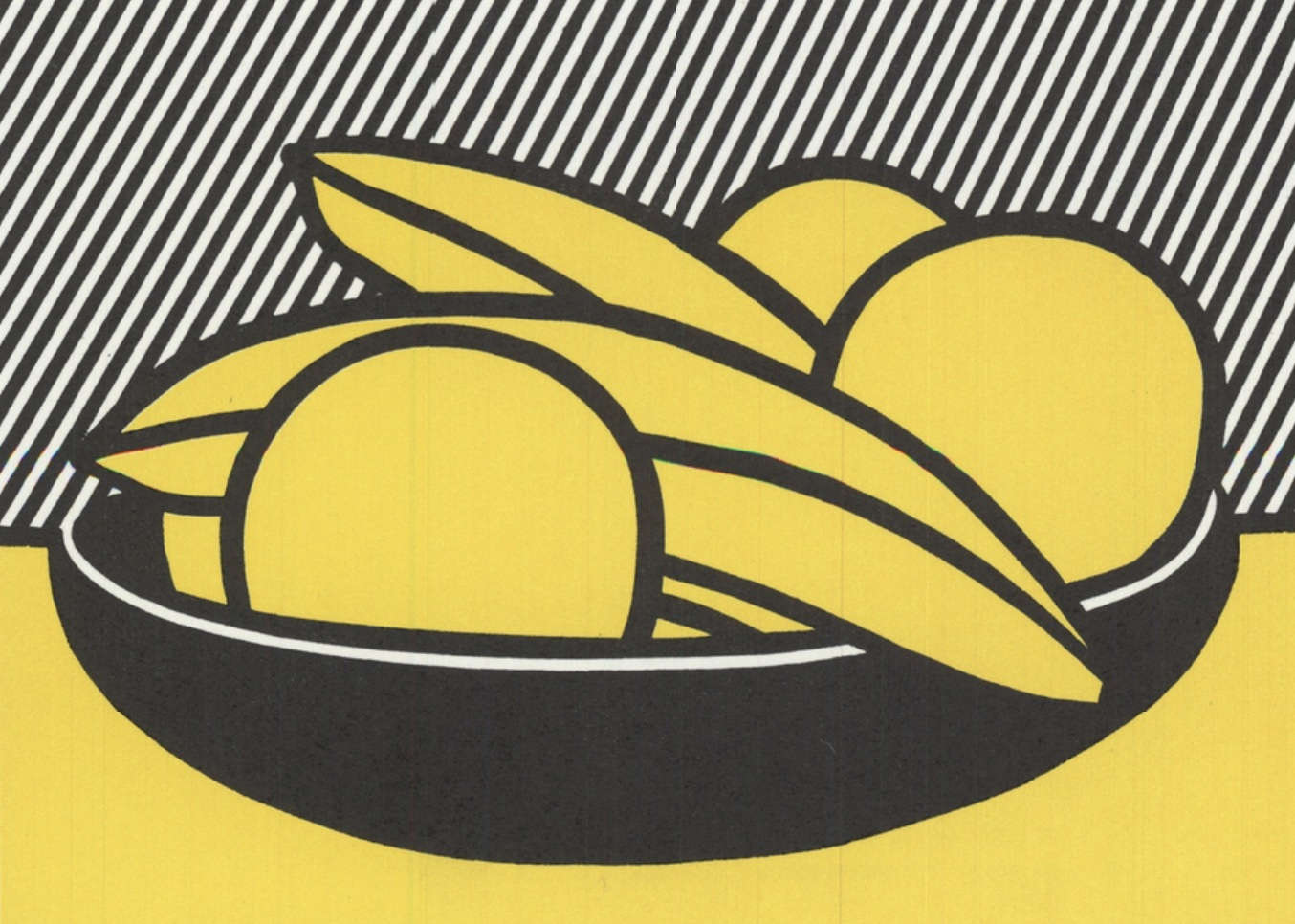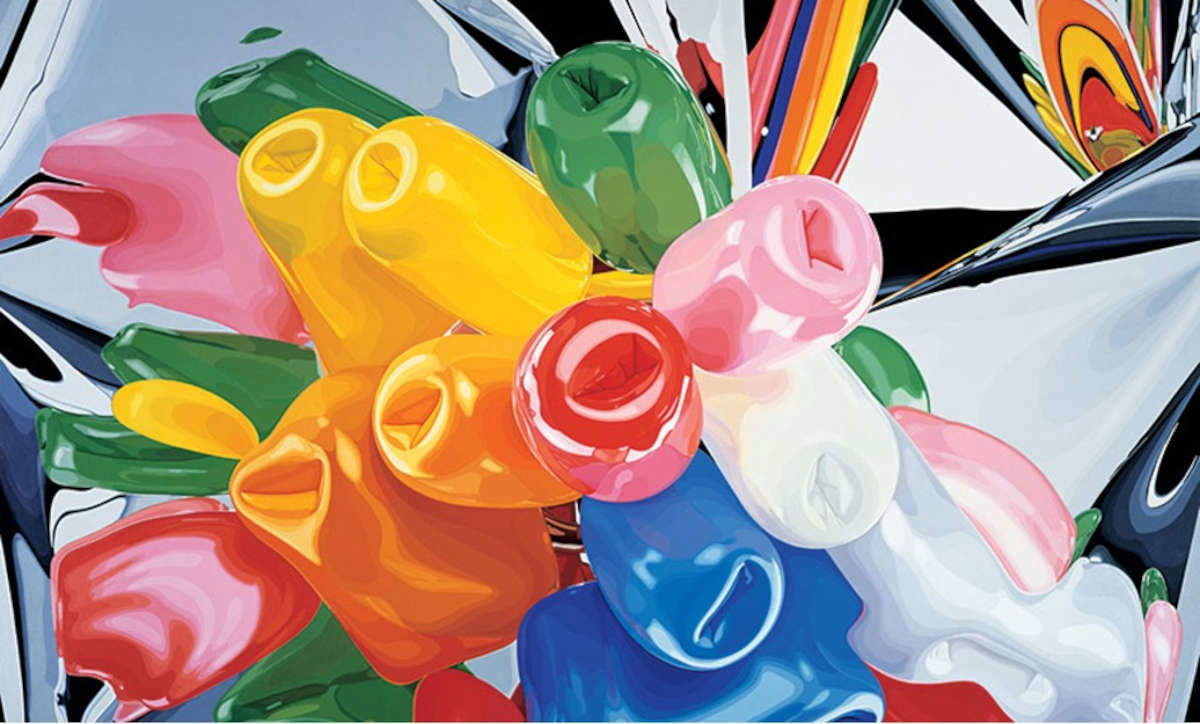12-lesson online course to understand contemporary art starts
In the contemporary art scene, the movements and avant-garde movements of the 20th century have had a profound impact on artistic perception and creation. It is to these historical developments that a new series of 12 online lectures is dedicated, designed for those who wish to explore and understand the roots of an art that has been able to disrupt traditional conventions. The young startup Institution has conceived and promoted an educational journey that will offer, starting March 4, 2025 and running through May 27 of the same year, a content-rich educational journey designed for anyone who wants to deepen their knowledge of modern and contemporary art. The classes, which will take place every Tuesday at 6 p.m., are open to everyone, from the most experienced enthusiasts to the curious novice. The course is structured to guide participants through the main artistic currents that have defined the evolution of the cultural landscape of the 20th and 21st centuries. Each meeting will last about two hours and will feature internationally renowned lecturers, who will offer an in-depth and critically rich analysis of the different artistic schools and trends.
The first meeting, scheduled for Tuesday, March 4, 2025, will feature Renato Barilli, professor emeritus at the University of Bologna, who will introduce the course with an analysis of the roots of contemporary art, exploring how art and technology interacted and influenced artistic forms and languages in the late 19th and early 20th centuries. Afterwards, participants will follow a series of lectures tracing the milestones of art history, including the twentieth-century avant-gardes, Dadaism, Futurism andAbstract Expressionism. Each lecturer will be tasked with narrating a specific historical period, presenting not only the works of the most significant artists, but also the critical and theoretical context that accompanied them. The lecture series will explore the 20th century through its main movements, such as Fauvism and Futurism, with Guido Bartorelli, associate professor at the University of Padua, who on March 11 will lead a reflection on the first artistic avant-gardes of the last century. Luca Guerrini, professor at the Milan Polytechnic, will address the theme of Abstractionism and the Russian avant-garde on March 18, focusing on the figure of Marcel Duchamp, one of the artists who marked a radical break with tradition. Following this, Silvia Grandi, a researcher at the University of Bologna, will offer an in-depth study of the period between the two world wars on March 25, with a look at de Chirico ’s Metaphysics and Surrealism, movements that opposed the rationality of the architectural rationalism of the period.



The course will also explore more gestural and immediate artistic expression, such asInformal and Abstract Expressionism, a topic covered on April 1 by Marco Pierini, contemporary art historian. Carlo Vanoni, an author and popularizer, will explore on April 8 the transition from New Dada to Pop Art, analyzing how these movements reinterpreted the relationship between art and consumerism, while Francesca Pola, an art historian and critic, will guide participants on April 15 in an in-depth look at the currents that have revolutionized art since the mid-1960s, including Minimalism andArte Povera. Angela Vettese, an art historian and critic, will explore performance on April 29, analyzing how the artist’s body, time and space become tools for communicating ideas, emotions and social critiques. There will be no shortage of reflections on more recent phenomena, such as video art, Postmodernism anddigital art. In particular, on May 6 again Francesca Pola will offer an in-depth study of the evolution of video art, while Fabiola Naldi will speak on May 13 about the return to painting through Graffitism and Transavantgarde, phenomena that enriched the art scene of the 1980s and 1990s. On May 20, Roberto Pinto, professor of Contemporary Art History, will lead a critical analysis of the 1990s, exploring the exhibitions and artists who influenced that decade of great cultural ferment. The last lecture, on May 27, 2025, will be dedicated todigital art and new technologies, topics covered by Domenico Quaranta, art historian and critic, and Fabio Cavallucci, curator of contemporary art, who will reflect on the growing role ofArtificial Intelligence and the use of traditional techniques in contemporary art.
Each lecture will have an interactive dimension: participants will be able to ask questions, participate in discussion, and interact with the lecturers. This approach makes the course a dynamic learning opportunity that can stimulate critical reflection and dialogue among art enthusiasts of all ages and backgrounds. The course will be accessible on the Zoom platform, allowing all participants to attend lectures remotely. Registration is open, with a cost of 12 euros per single lesson, but it is possible to purchase the entire package at the special price of 100 euros. For students under 26, there is a subsidized rate: 8 euros for individual lessons and 60 euros for the entire course.
 |
| 12-lesson online course to understand contemporary art starts |
Warning: the translation into English of the original Italian article was created using automatic tools. We undertake to review all articles, but we do not guarantee the total absence of inaccuracies in the translation due to the program. You can find the original by clicking on the ITA button. If you find any mistake,please contact us.




























